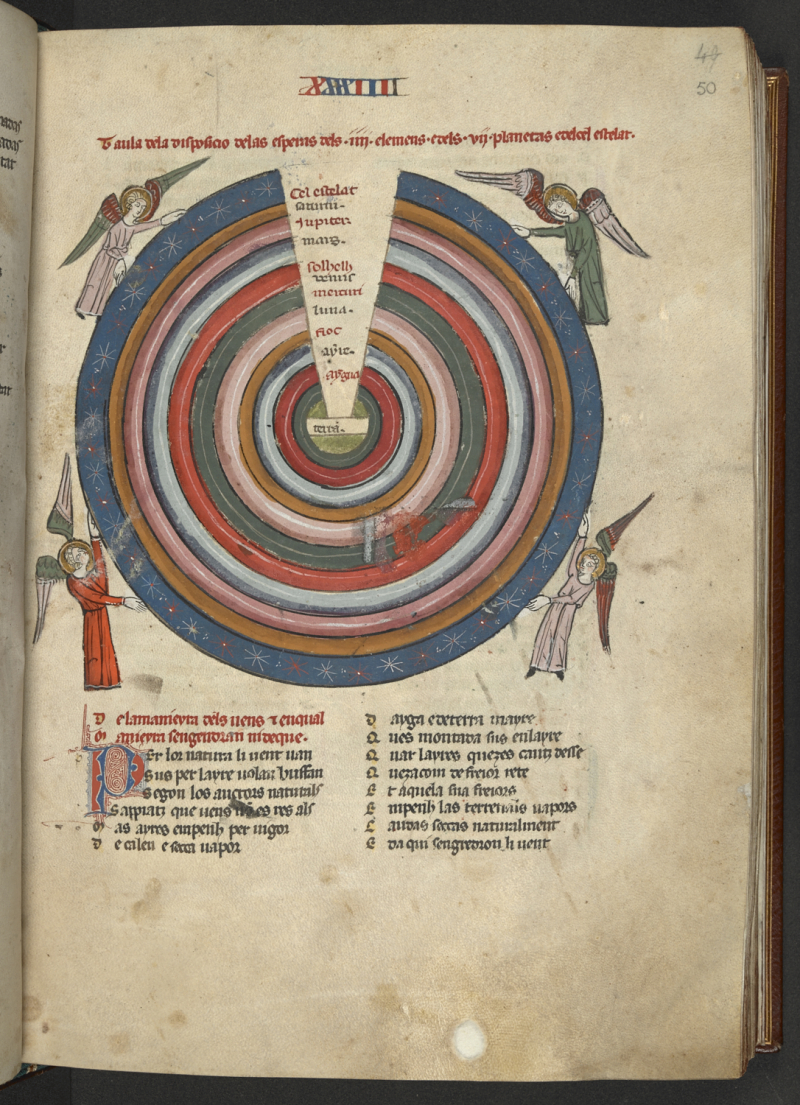 Time and location: MTWRF 12:30 to 1:45
Time and location: MTWRF 12:30 to 1:45
Flint Hall, room 119
Description
The study of medieval magic has witnessed a major uptick in recent years. More than three decades ago, the American historian Richard Kieckhefer (University of Texas) defined magic as a “kind of crossroads where different pathways in medieval culture converge.” Building on that historians have demonstrated that a wide range of people were engaged in magical activities, and that they came from all walks of life. The relation between medieval magic and the witch trials of the early modern period has dominated earlier research on this topic. By now, scholarly opinions have shifted towards the understanding of the omnipresent character of magic in medieval society. Magic intersected with mainstream religion, with medicine and science, with law, and the culture of the royal and aristocratic courts. Since that intersection became salient in the High Middle Ages, the focus of the recent work on magic has been the period between the 12th and the 15th century, which will also be the focus of this course. Even though St. Augustine (who died in 430) laid the foundation of much of the medieval theorization (and critique) of magic, the 12th century witnessed the appearance of Latin translation of Arabic, Greek and Hebrew texts, as well as the rise of universities, where magical texts were given considerable importance. The course consists of a survey of all aspects of the transformation of the concept and practice of magic, from the impact on medieval culture, to political implications of magic and the social changes accompanying the conceptual transformation. Particular emphasis will be placed on the role of astrology, alchemy and demonology.
Textbooks
- Anne Lawrence-Mathers and Carolina Escobar-Vargas. Magic and Medieval Society. New York/London: Routledge, 2014 [hereafter Lawrence-Mathers and Escobar-Vargas]
- Martha Rampton. European Magic and Witchcraft. A Reader.Toronto: University of Toronto Press, 2018 [hereafter Rampton]
Assignments and grading policies
There is no attendance policy, but you are responsible for attending all lectures and reading the required texts. Class participation may be taken into account to determine the overall grade. The basis for evaluation of performance will be four in-class assignments and two exams (Midterm and Final). The in-class assignments will consist of multiple-choice, map, matching, short-essay questions, or a combination thereof. Besides material covered in class lectures, the in-class assignments will focus primarily on primary source readings from the Rampton and Lawrence-Mathers and Escobar-Vargas books. A careful study of those texts is necessary for a good performance at the test. Because in-class assignments are announced, I do not intend to grant any make-ups, except for emergencies (e.g., illness), in which case I may ask for official justification. The Midterm and Final exams will cover everything from lectures and readings. Both Midterm and Final will consist of two parts: an identification and/or multiple-choice part, and a short essay, in which you will be asked to synthesize your knowledge of the topic, dropping in facts to show that you understand the concrete aspects of that topic. Only the Midterm will be cumulative. In other words, the Final examination will cover only the material since the Midterm examination. Make-up Midterm and Final exam will be given for very serious reasons, in which case you will have to produce some official proof. Extra-credit work will be accepted only for students with active participation in class discussions. The format of the extra-credit option shall be discussed with the instructor during regular office hours. The following point system will be used in determining the final grade:
In-class assignments: 40 points
Midterm: 30 points
Final exam: 30 points
Total: 100 points
The following scale will be used in determining your final grade.
| Points | Grade |
| 97-100 | A |
| 93-96 | A- |
| 88-92 | B+ |
| 81-87 | B |
| 75-80 | B- |
| 68-74 | C+ |
| 61-67 | C |
| 55-60 | C- |
| 48-54 | D+ |
| 41-47 | D |
| 35-40 | D- |
| under 30 | E |
Weekly Topics
Click here to view the weekly topics for this course